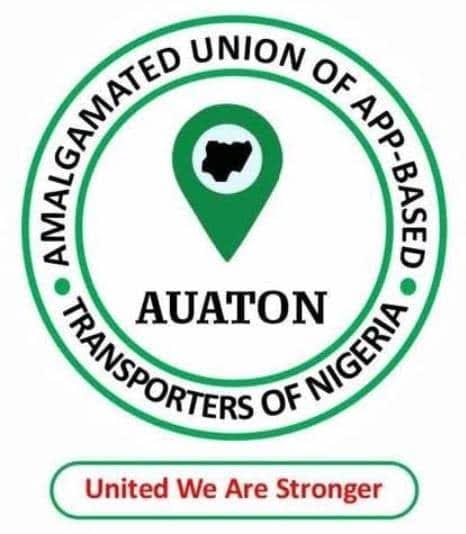The Special National Delegate Conference (SNDC) of the Amalgamated Union of App-Based Transporters of Nigeria (AUATON) has passed a vote of confidence on its national president, Comrade Adedamola Adeniran, dismissing an earlier no-confidence motion raised by the Central Working Committee (CWC).
The decision, which came during an extraordinary session held virtually was convened in response to a resolution backed by a two-thirds majority of AUATON’s state councils.
The delegates declared the CWC’s attempt to remove the president as unconstitutional and reaffirmed Comrade Adeniran’s leadership ahead of the next National Delegate Conference scheduled for September 20 in Akwa Ibom.
According to a communique issued at the end of the conference and signed by Adeniran and acting general secretary, Alice Odibo, the crisis within AUATON began when the CWC, during meetings on June 16 and 22, attempted to initiate disciplinary actions and pass a no-confidence vote against the president.
It was revealed that the meeting was held without the consent of either the National President or the Acting General Secretary which the unoin said has violated Articles 6(c) and 16(a)(i) of AUATON’s constitution.
According to the communique, the constitution expressly mandates the president as the sole executive head empowered to preside over union meetings.
“The vote of no confidence passed on the National President by the Central Working Committee has no substantial value to the goals and vision of the Union and can never be substantiated,” the communique reads in parts.
In a move to resolve ambiguities in the union’s constitution, the SNDC ratified several key amendments. These include reforms to Article 6b No. 5 and Article 16, allowing for more inclusive convening of National Executive Council (NEC) meetings, now permitted by the president and general secretary jointly, the CWC, or by two-thirds of NEC members.
Further constitutional amendments addressed issues around delegate representation and financial eligibility with Article 21 adjusted to ensure equal delegate representation across branches, rather than basing eligibility solely on financial contributions. Each branch will now be represented by three accredited delegates, provided dues have been paid for the past six months.
While a motion was introduced to dissolve the CWC entirely due to what some delegates described as “clandestine power plays,” it was ultimately not adopted.
However, the SNDC firmly asserted that the CWC cannot arbitrarily pass a vote of no confidence on the union’s President, emphasizing that such actions must follow due process and constitutional backing.
In addition to the constitutional reforms, the SNDC agreed to establish Adhoc Committees for planning, monitoring and credentialing.











